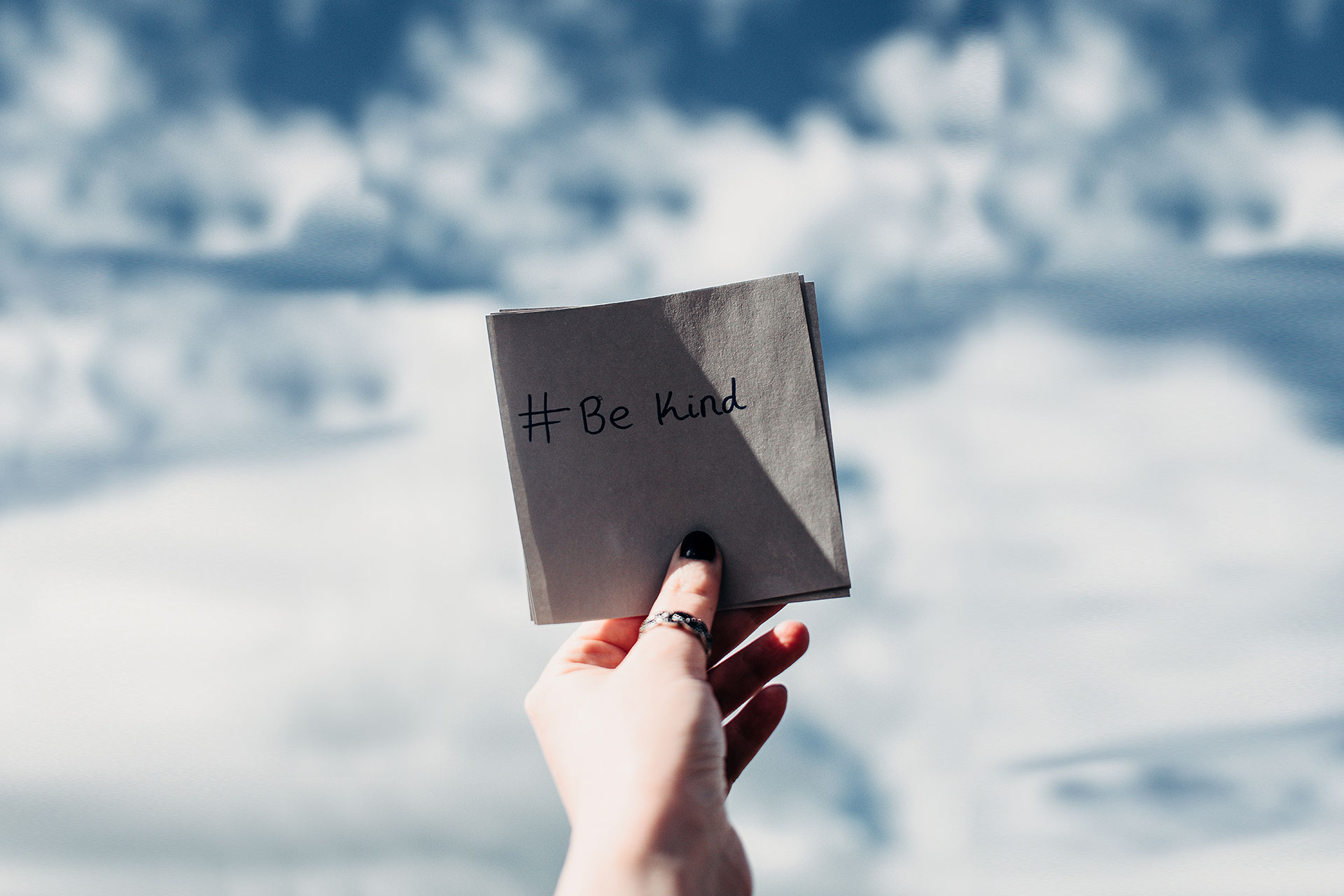The COVID pandemic has changed the world in many ways. The death toll, negative economic impact, despondency, isolation, product shortages, and shuttering of family businesses. But there were some changes that it brought about that were overdue.
Rapid introductions of life saving vaccines, more time with our loved ones (including our furry friends), a chance to focus on the things that matter most, greater use of information and communication technology, focus on health care and the challenges of first responders to name a few.
And it’s the latter that brings me here. As someone who’s spent time on the front lines of public safety, including 911 centers, the increased focus on mental health and how we respond to a cry for help – whether a despondent man who lost his 50-year partner to COVID, a mother despairing on how to provide for her children or a myriad of other causes. Too often, public safety professionals such as you are their last grasp for help.
As you have all known too well and too long, there is only so much that you can do for them. Empathy, strong listening skills, engagement, paraphrasing and other skills and talents so many in the public realm don’t understand come into play on these calls. Sometimes we (and our caller) have a “successful” resolution, while other times we and their families are forever haunted by the outcome. But that’s starting to change.
Your voices (and theirs) are finally being heard. New and upcoming Legislation is paving the path for “988”. The number created by the National Suicide Hotline Designation Act of 2020, for those needing assistance with mental health crisis can call for needs that often times you on the front line have limited time, abilities, and resources to handle in the manner deserved. Two examples of state legislation can be found below:
Illinois: https://www.ilga.gov/legislation/publicacts/fulltext.asp?Name=102-0580
Virginia: https://www.dbhds.virginia.gov/human-resource-development-and-management/health-equity/mdpa
”Due to be implemented by July 16, 2022, calls to 988 will be directed to the existing National Suicide Prevention Lifeline. They will be utilizing state, local and regional resources to provide help, whether by phone, response units/personal visits or a combination thereof.
Too frequently the assistance they need is beyond any given agency’s ability. Provisions will be in place to still send law enforcement, EMS, and fire personnel in cases where it’s needed or the potential exists.
What could this mean for you? An added number (988) to your phone transfer tab; the freeing up of law enforcement, EMS and fire/rescue personnel to respond to emergencies they are better equipped for; better outcomes for many of those having a mental health crisis; call processing changes in the 911 center to handle changing expectations, demands, and needs; and more training dedicated to handling these types of calls. These are just some of the adjustments you’ll be making as public and governmental agencies take advantage of new tools available to help those whose calls we’ve been unable to help as well as we would have liked.
At PowerPhone, we stay atop changes coming to public safety and can help you adapt to them. Be it adding additional responder types and responder skill levels to our software, placing new agency tailored Advisory Statements in our protocols and procedures, or educating you on how to build and place Knowledge Base articles that are relevant to your specific operational environment. We are committed to helping you and your team achieve excellence and provide the utmost in responder and community care.
As public safety evolves, so do we. You’ve placed your trust in us, and PowerPhone will be here for you. Be sure to check our website frequently for updated postings, information and other material that is centered around our mission of providing the best tools, training, and engagement. You can always reach out to us at customerservice@powerphone.com.
Lastly, our thanks to all of you on the front lines – the professionals who protect so many. Be well and be safe.

About the Author
Gary LeTourneau is an Implementation Manager for PowerPhone, supporting our Total Response emergency call handling solution at 911 centers across the U.S. and internationally. Gary has been involved in all aspects of public safety for 31 years, including 29 in the PSAP. He holds ENP and CMCP certifications and also served as the Indiana NENA Chapter president in 2017.









